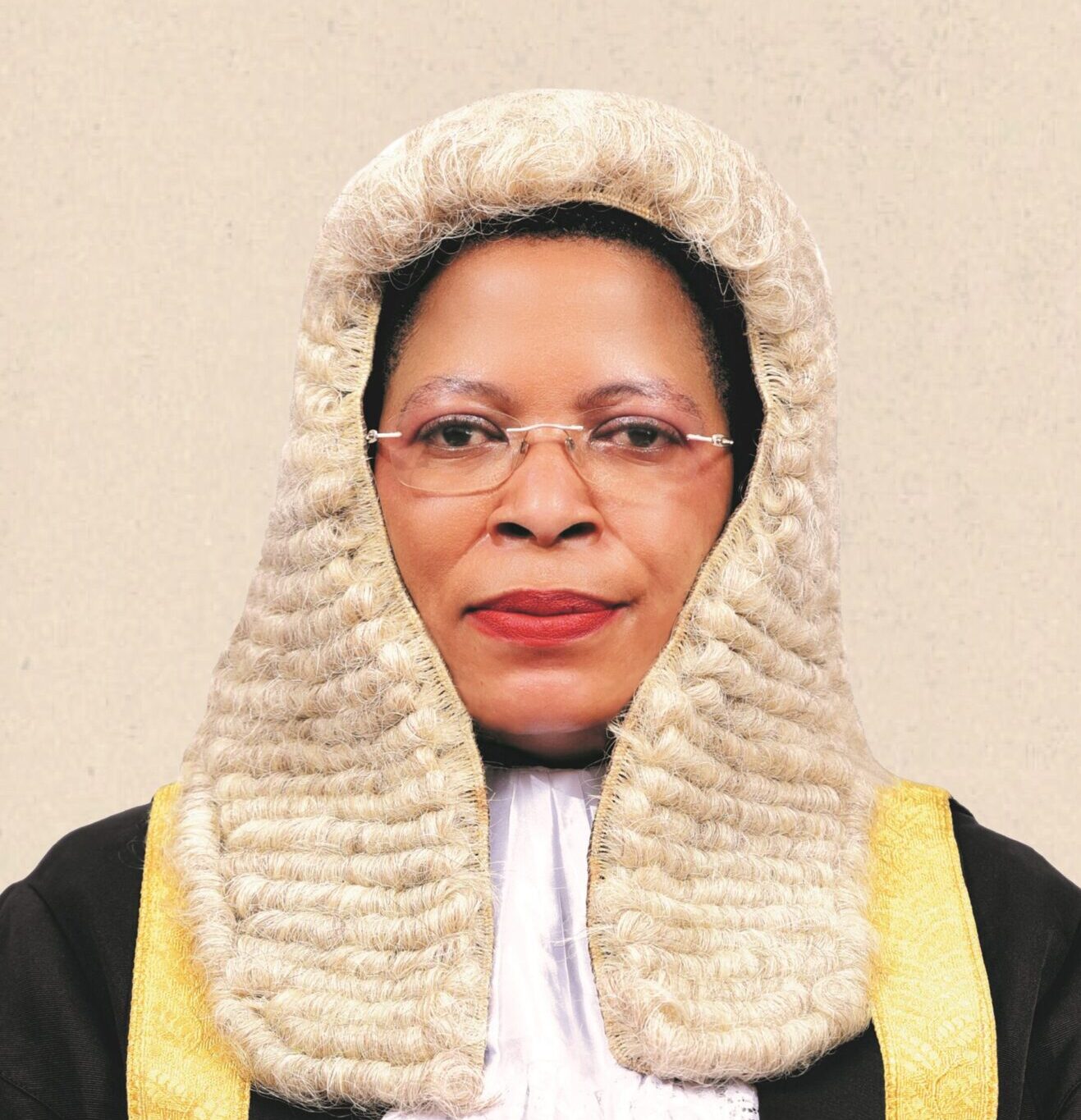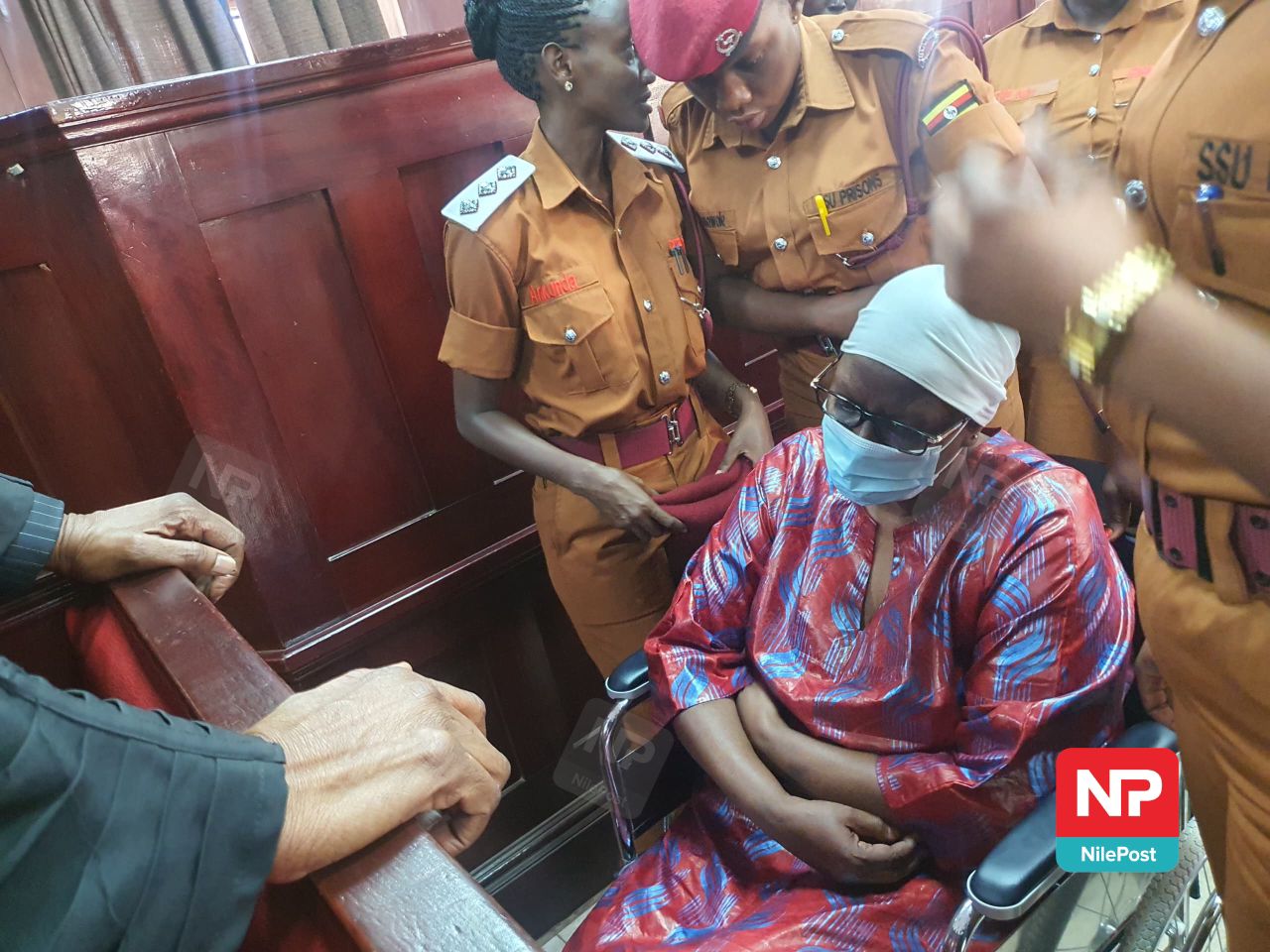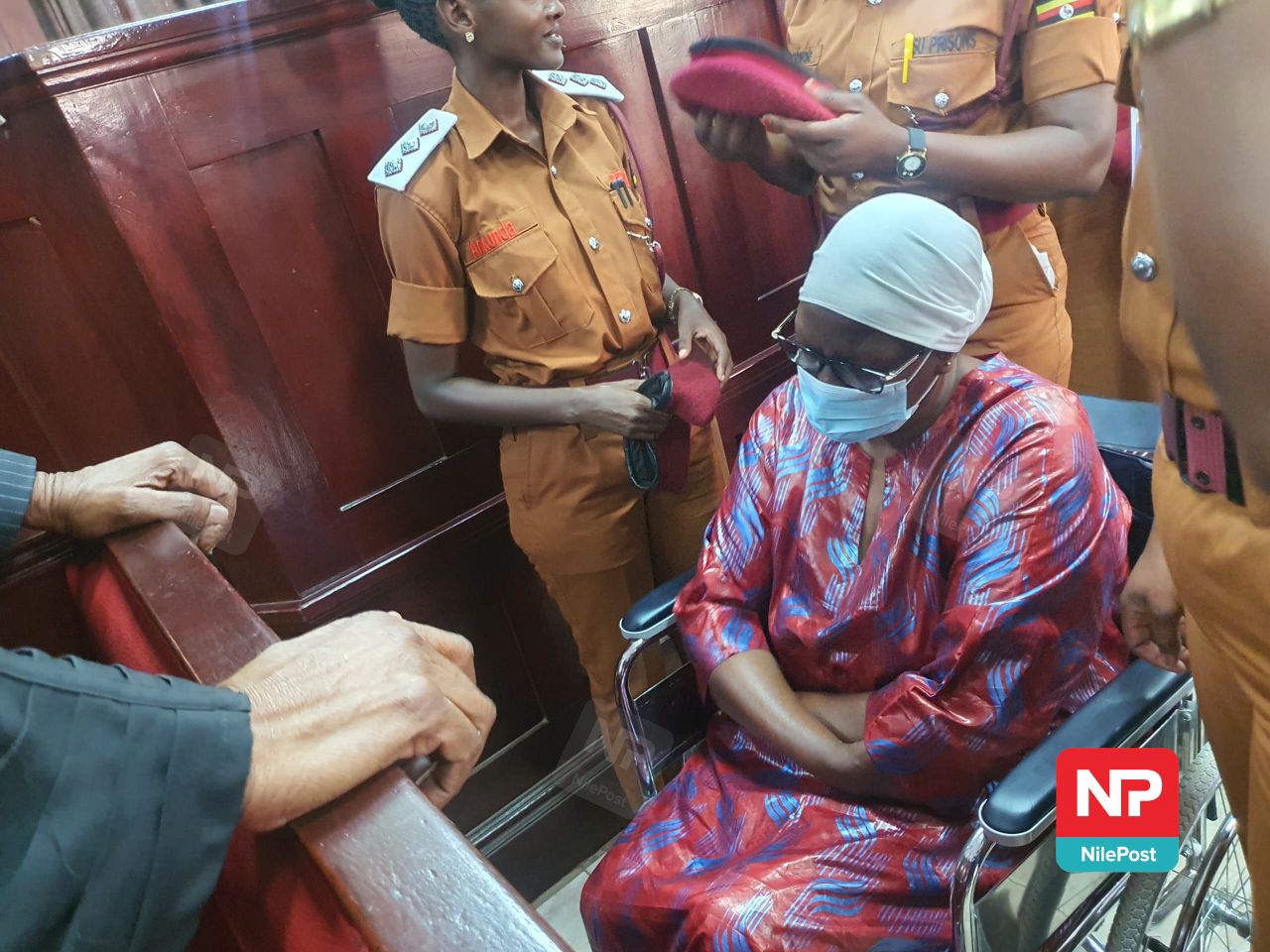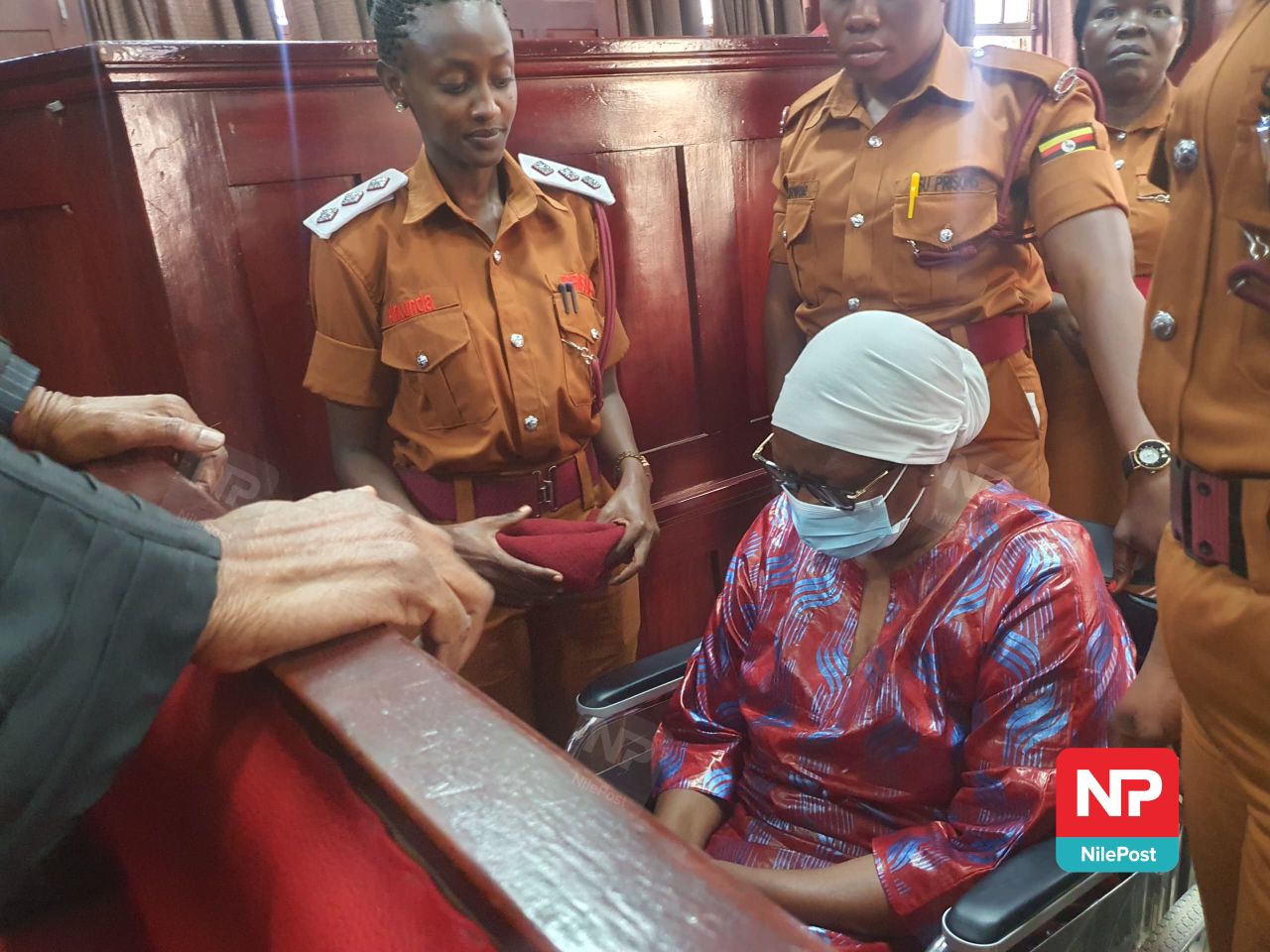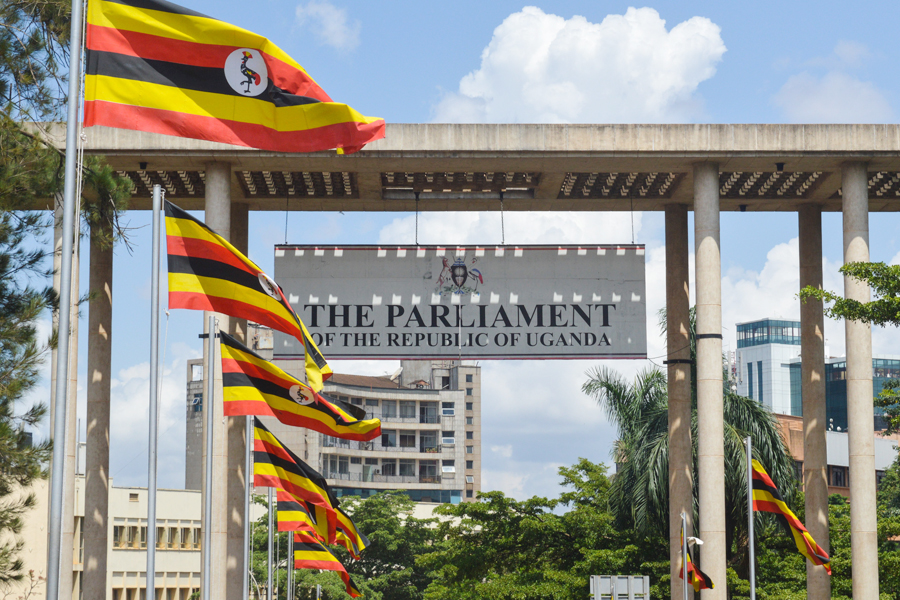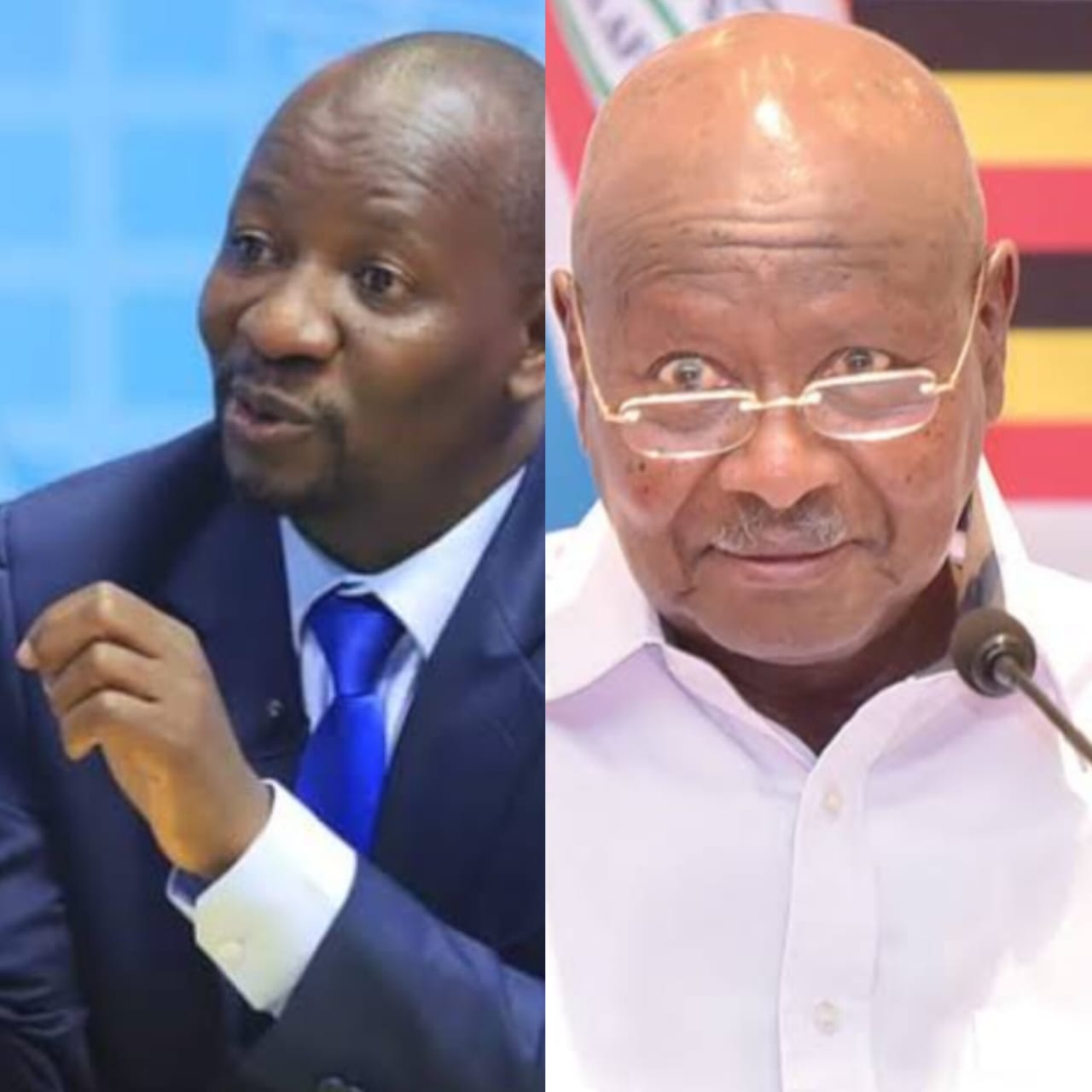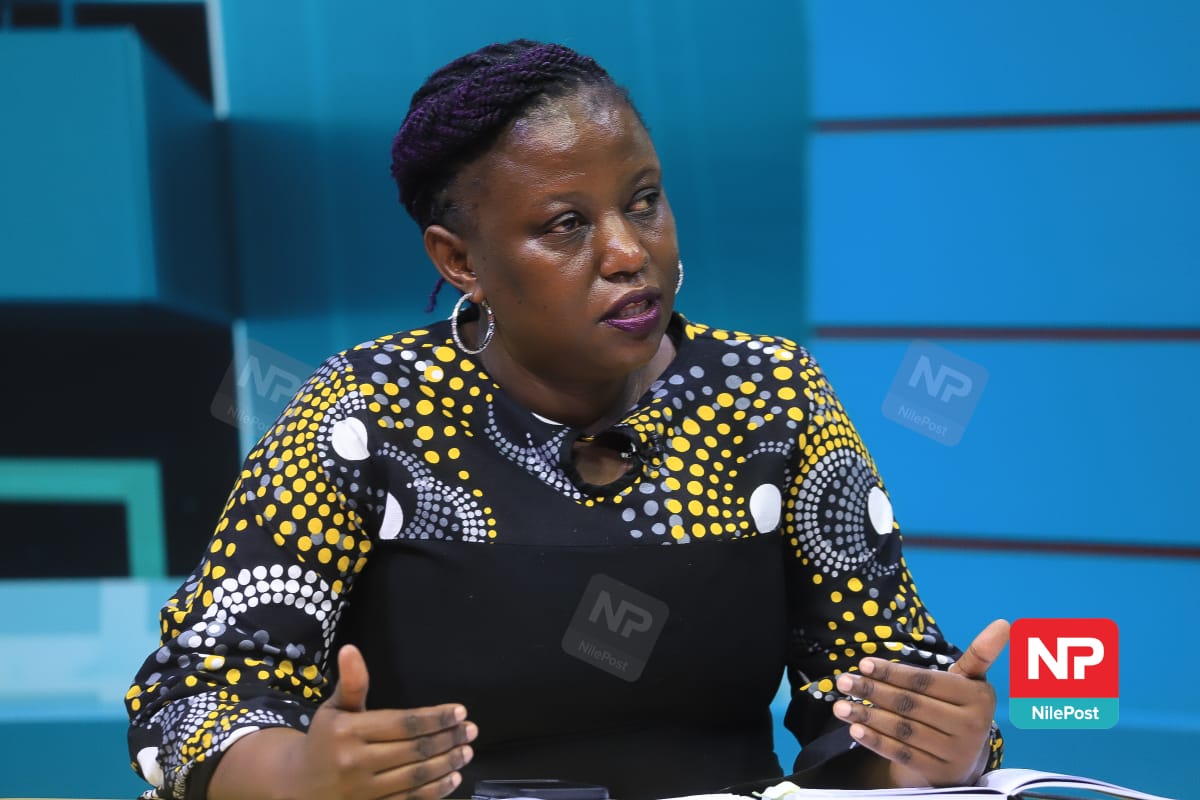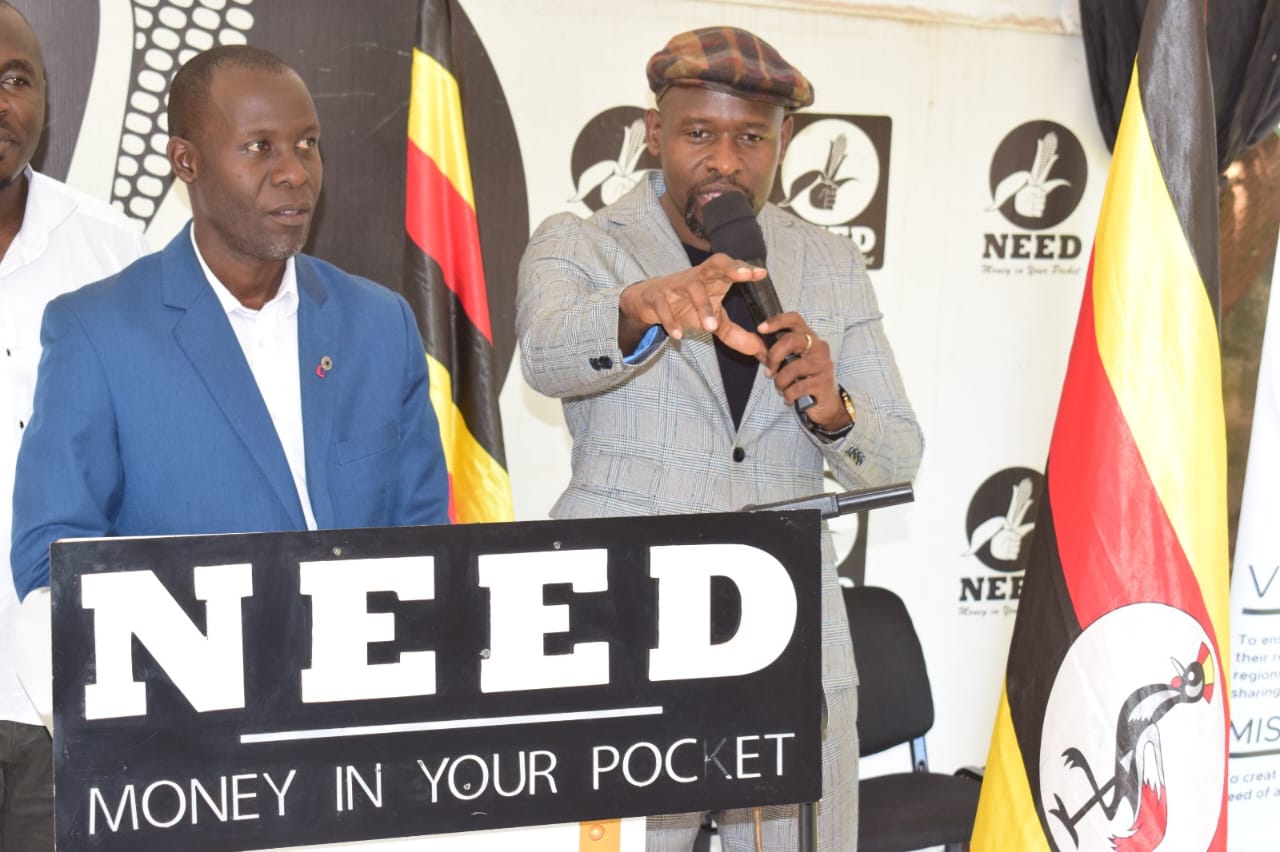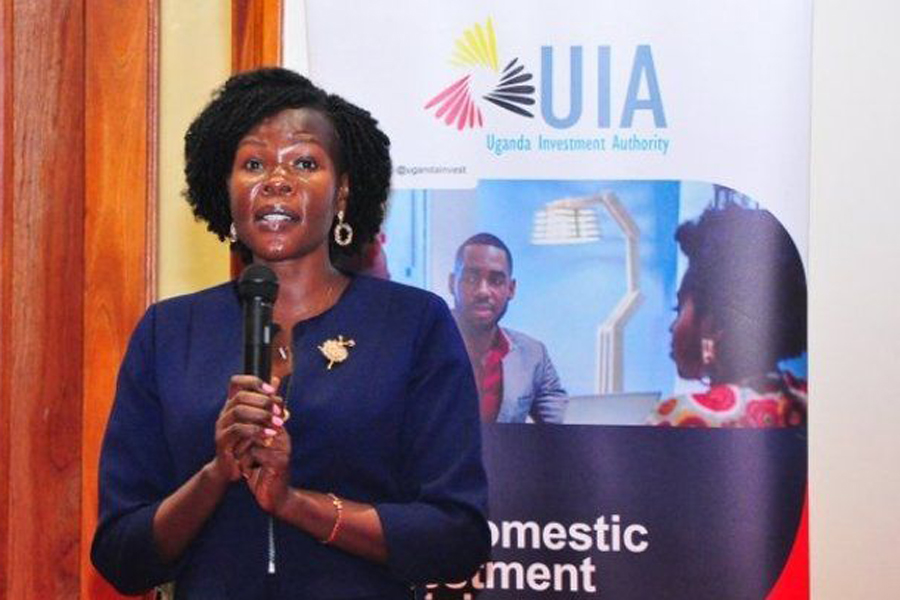Land ownership challenges grip northern Uganda
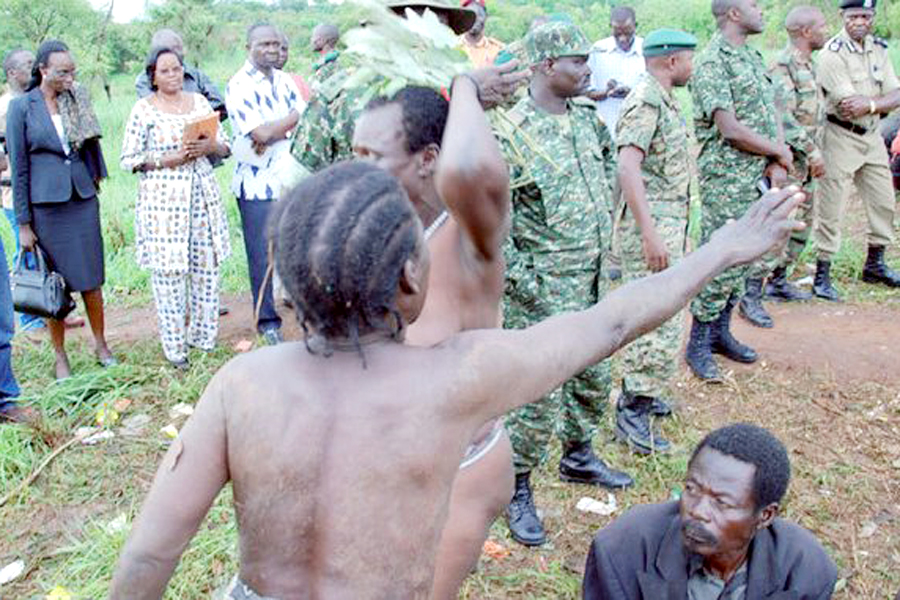
In the verdant landscapes of Northern Uganda, land ownership has emerged as a contentious issue, reflecting a complex interplay of historical legacies, post-conflict dynamics, and economic pressures.
As residents and authorities grapple with the intricacies of land tenure, questions of ownership, access, and control remain at the forefront of local discourse, shaping the social, economic, and political fabric of the region.
The scars of decades-long conflict, particularly during the Lord's Resistance Army insurgency, continue to reverberate across Northern Uganda, leaving a legacy of displacement, land dispossession, and insecurity.
Many families were forcibly evicted from their ancestral lands, leading to disputes over ownership and competing claims to territory.
Despite efforts at reconciliation and resettlement, the wounds of the past remain raw, complicating efforts to address land-related grievances.
Against this backdrop, the issue of land ownership has become increasingly politicized, with powerful interests vying for control over valuable resources and prime agricultural land.
In rural communities, where agriculture serves as the primary livelihood source, access to land is not merely a matter of economic survival but also a source of social status and identity.
As demographic pressures mount and land becomes increasingly scarce, tensions over land ownership intensify, fueling conflicts and exacerbating social divisions.
Moreover, the emergence of large-scale land acquisitions, often driven by foreign investors or government-led development projects, has further marginalised vulnerable communities and marginalised groups, raising concerns about land grabs and the erosion of customary land rights.
While proponents argue that such investments bring much-needed development and economic growth to the region, critics contend that they disproportionately benefit external actors at the expense of local communities, exacerbating inequalities and exacerbating land tenure insecurity.
In response to these challenges, efforts are underway to address the complexities of land ownership in Northern Uganda through a combination of legal reforms, community dialogue, and conflict resolution mechanisms.
Local governments, civil society organizations, and international partners are collaborating to promote transparent land governance, strengthen land administration systems, and empower communities to assert their land rights.
However, achieving meaningful progress requires a holistic approach that addresses the root causes of land tenure insecurity, including historical injustices, socio-economic inequalities, and governance failures.
By fostering inclusive dialogue, respecting customary land tenure systems, and prioritizing the interests of local communities, stakeholders can work towards building a more equitable and sustainable land tenure landscape in Northern Uganda, ensuring that the rights and aspirations of all residents are respected and protected.



